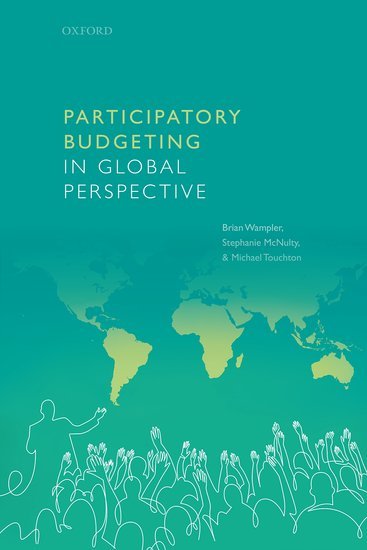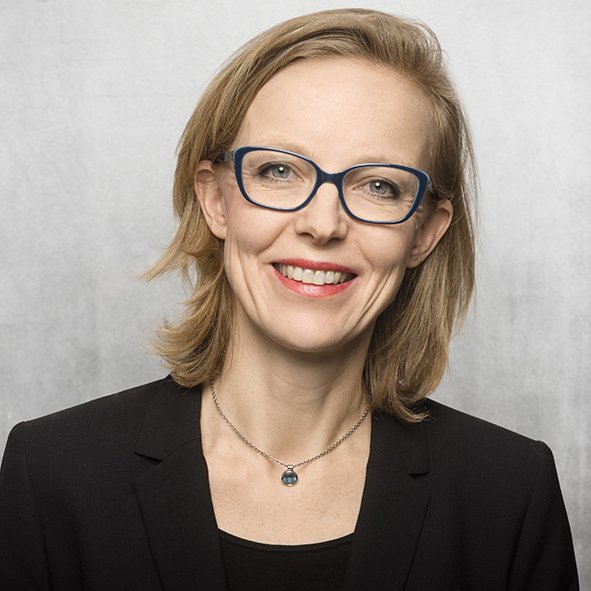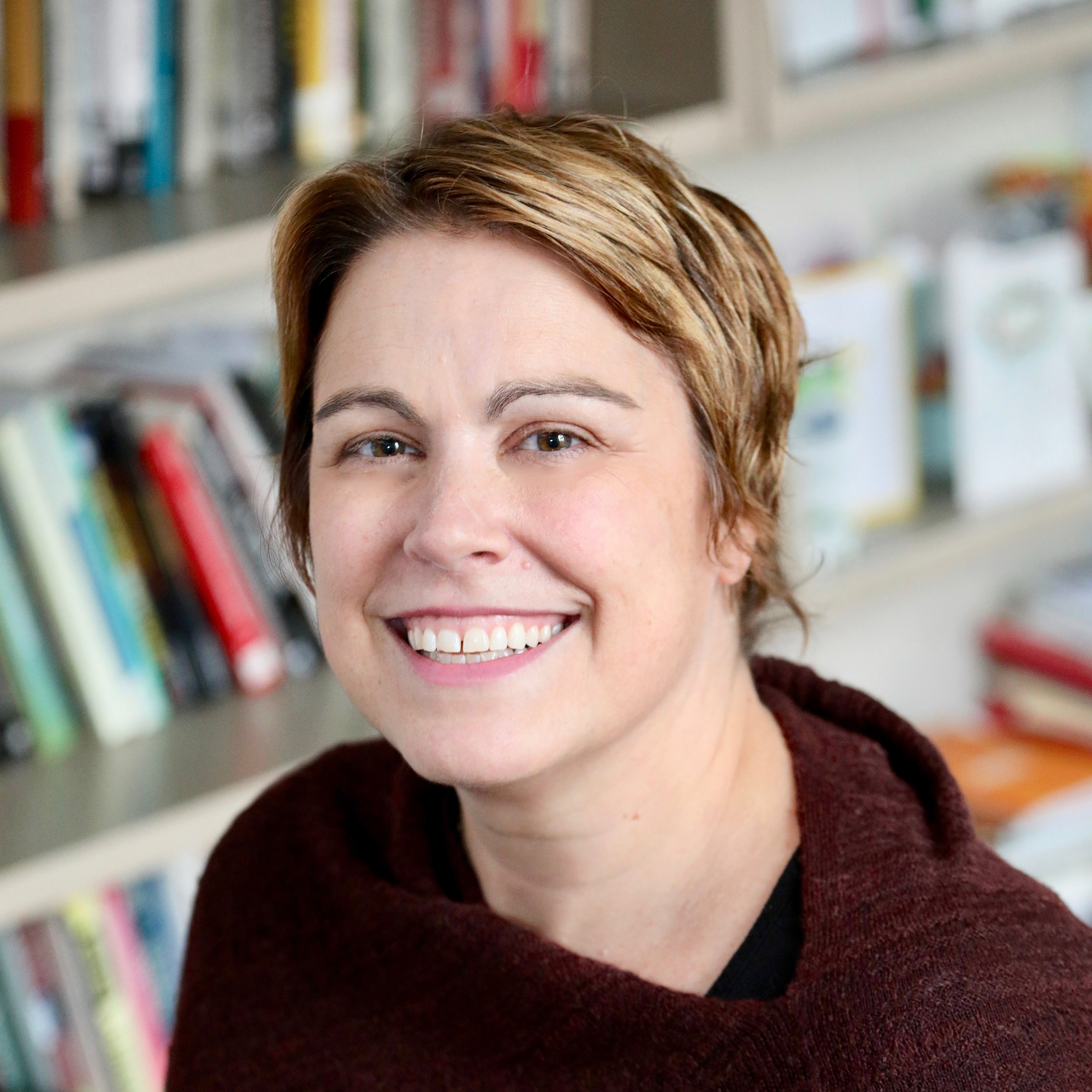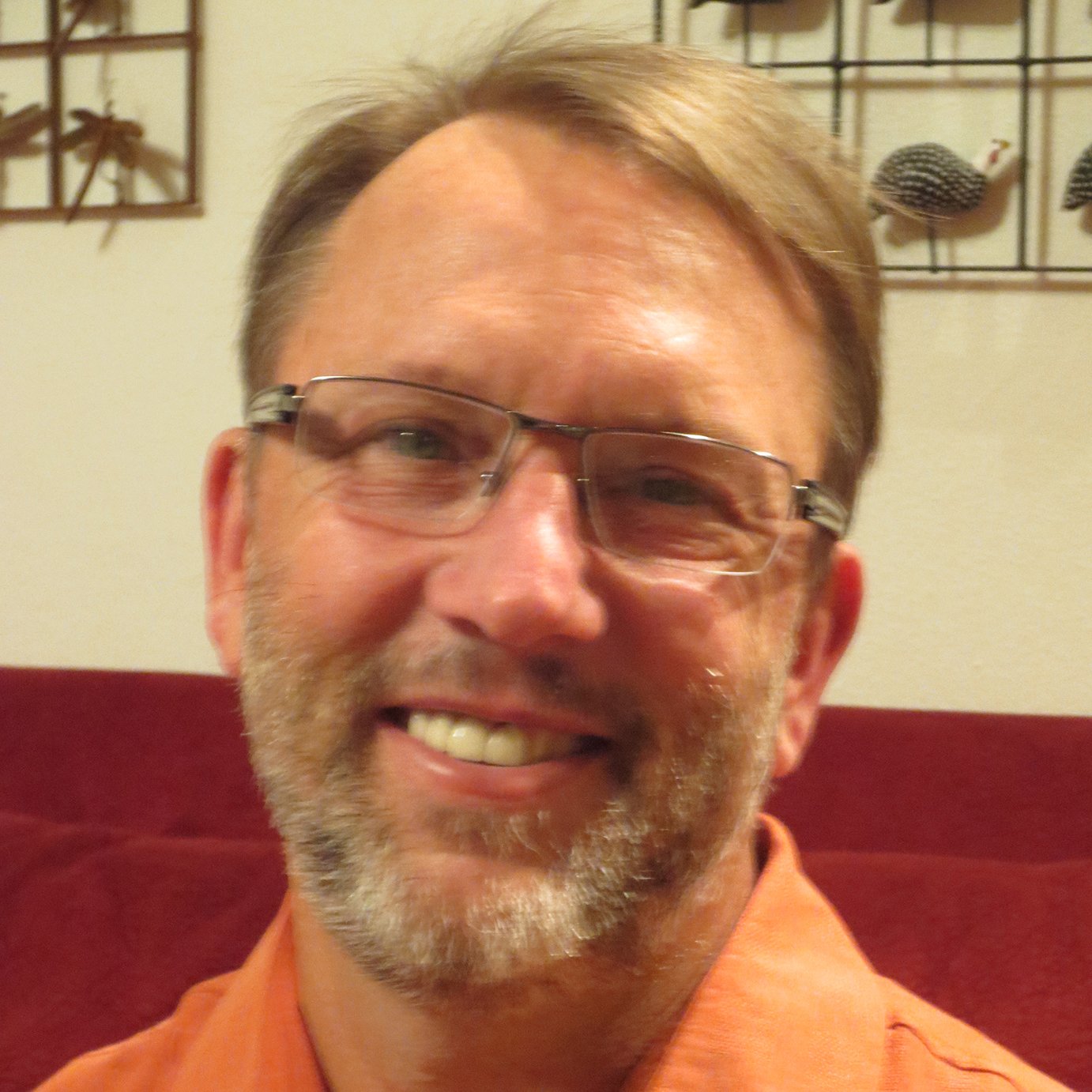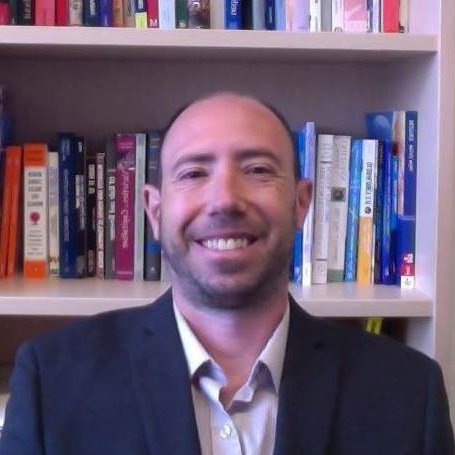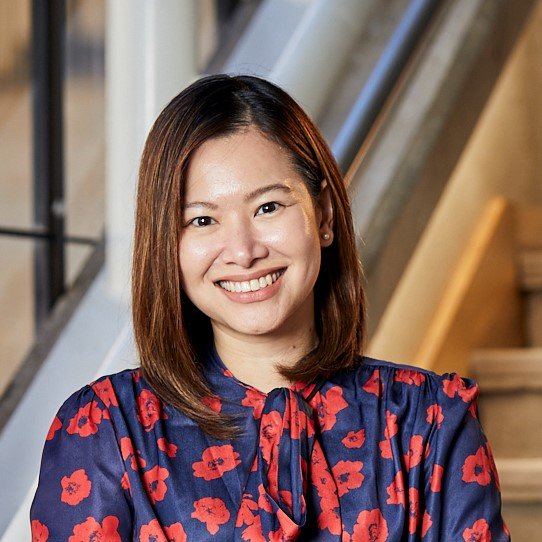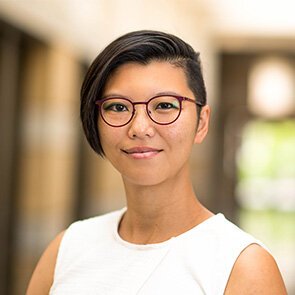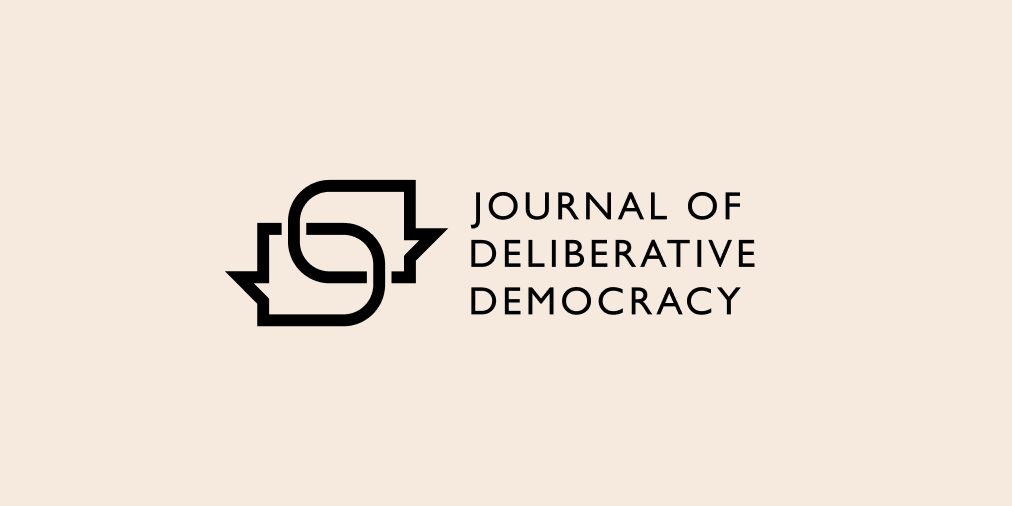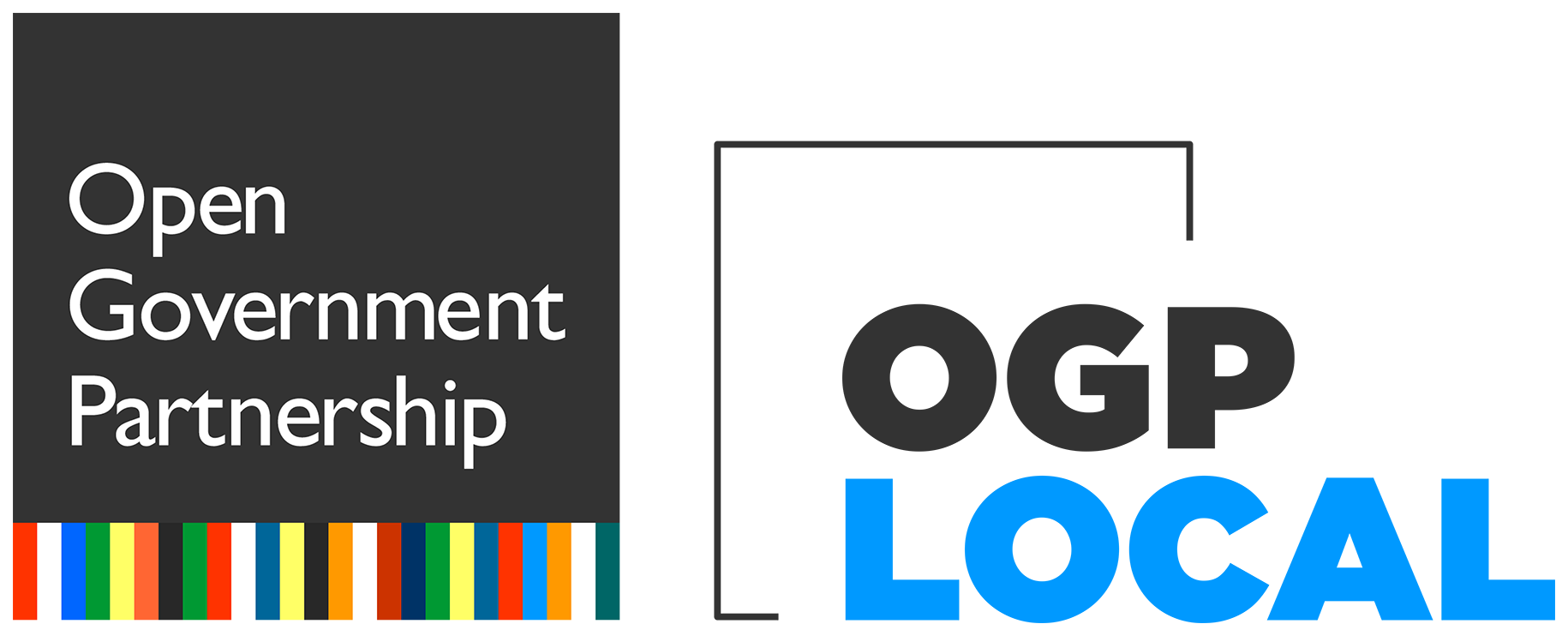Webinar & Book Launch: A Global Theory of Change for Participatory Budgeting
/How can participatory budgeting (PB) lead to positive impacts for people, communities, and government
Enroll in our next webinar to learn about a new theory of change for PB, comprehensive new research on the impacts of PB, and global priorities for further research.
To advance the Global PB Research Agenda, People Powered has developed a PB theory of change to illustrate how the inputs and activities of a PB process can lead to initial outcomes and long-term impacts. In addition, Global PB Research Board members Brian Wampler, Stephanie McNulty, and Michael Touchton recently published Participatory Budgeting in Global Perspective, a groundbreaking new book that explains the widespread variation in PB’s adoption, adaptation, and impacts across regions of the world.
In this People Powered University webinar, researchers will explain the new theory of change, launch the new book, and offer an overview of the current state of research on the impacts of PB. They’ll also present the top priorities for further research needed to understand and improve the impacts of PB. This seminar will be useful for anyone seeking to understand how participatory and deliberative democracy can achieve desired impacts.
Speakers
Carolin Hagelskamp (facilitator), HWR Berlin/Berlin School of Economics and Law (Germany). Carolin is a professor of social science and social science research methods. She was previously director of research at Public Agenda in New York City, where she co-authored several research reports on PB in the United States and Canada.
Stephanie McNulty, Franklin and Marshall College (United States). Stephanie is a Latin Americanist with expertise in participatory governance, gender, decentralization, and development. Her research has focused on participatory budgeting in Latin America, with an emphasis on top-down mandates to implement PB around a country.
Brian Wampler, Boise State University (United States). Having researched PB since the mid-1990s, Brian is a professor and the author of several books on PB. His work seeks to understand the great variation in how PB initiatives function and affect social and political change.
Michael Touchton, University of Miami (United States). Michael is a professor who studies participatory governance and development, with a focus on Latin America, Africa, and the United States. He is the co-author of three books and dozens of academic articles.
Nicole Curato, University of Canberra (Australia). Nicole is a professor of political sociology at the Centre for Deliberative Democracy and Global Governance at the University of Canberra. Her work examines how democratic innovations unfold in the aftermath of tragedies, including disasters, armed conflict, and urban crime. She is co-editor of the Journal of Deliberative Democracy.
Maggie Shum, University of Notre Dame (United States). Maggie Shum is a research and program associate at the Global Policy Initiative in the Keough School of Global Affairs at the University of Notre Dame. She earned her Ph.D. in political science from Notre Dame, specializing in comparative politics with a focus on Latin America, Brazil, and Hong Kong.
Who is this webinar for?
International organizations and foundations that want to increase the impacts of PB and participatory governance.
Universities and research institutions supporting research on participation, democracy, and governance.
Researchers studying the impacts of participatory democracy.
What will you get from this seminar?
After this seminar, you will be able to:
Identify key impacts of PB on governance, well-being, civil society, political participation, education, and learning, based on global research and practice.
Better understand how PB can lead to positive initial outcomes and long-term impacts for people, communities, and governments.
Better understand priorities for further research on the impacts of PB that can help deliver stronger results in diverse contexts.
When and how will it be offered?
November 16, 11 a.m.-12:30 p.m. ET (New York time)
Via Zoom, in English. We will provide simultaneous interpretation in French, Spanish, and Portuguese, as well as other languages upon request. Please share your language preference when you register.
Submit your questions!
Share your questions by November 5, and we’ll incorporate them into the planning of the webinar.
This event is organized in partnership with the Journal of Deliberative Democracy, Open Government Partnership (OGP) Local, and the International Observatory on Participatory Democracy.





